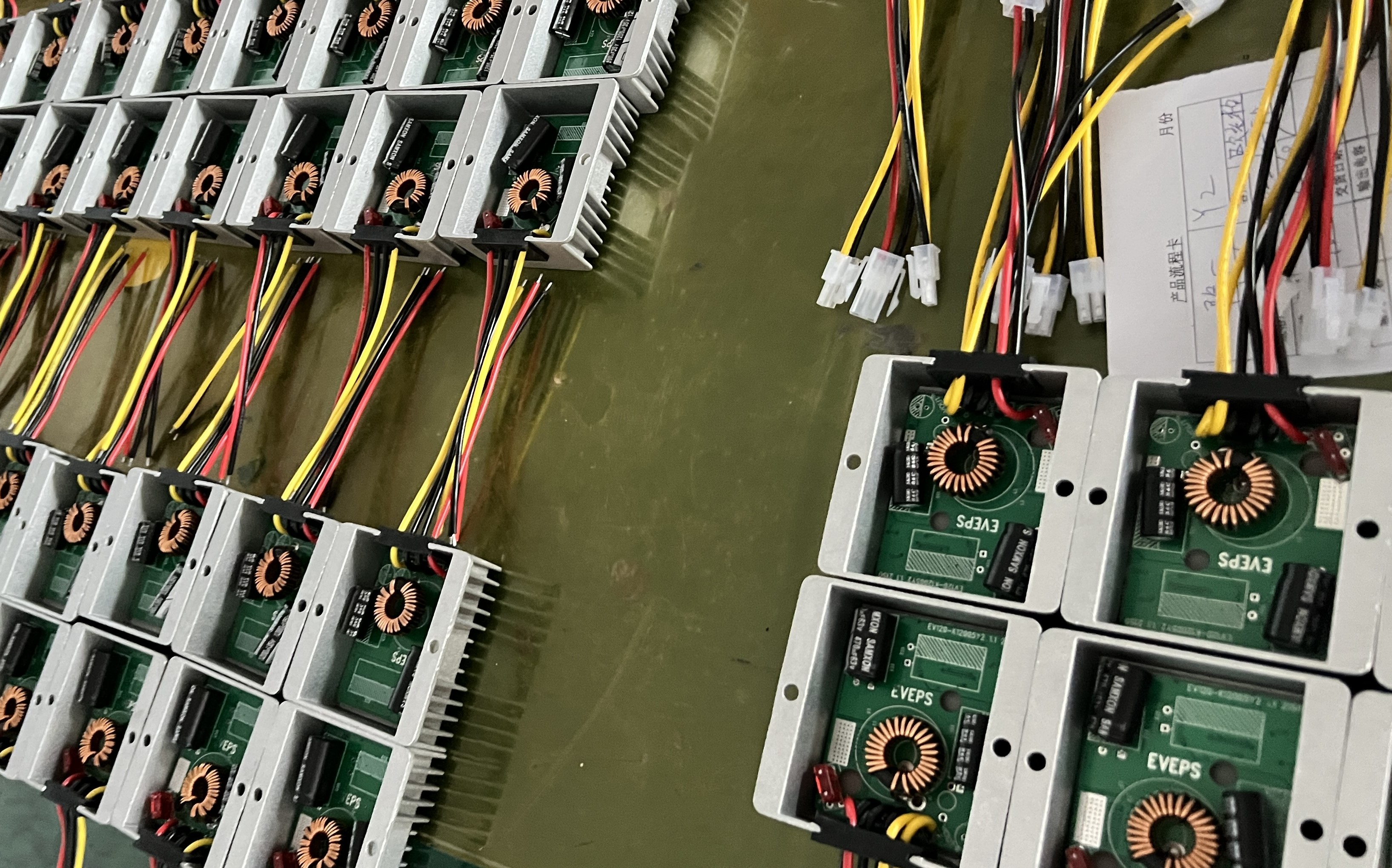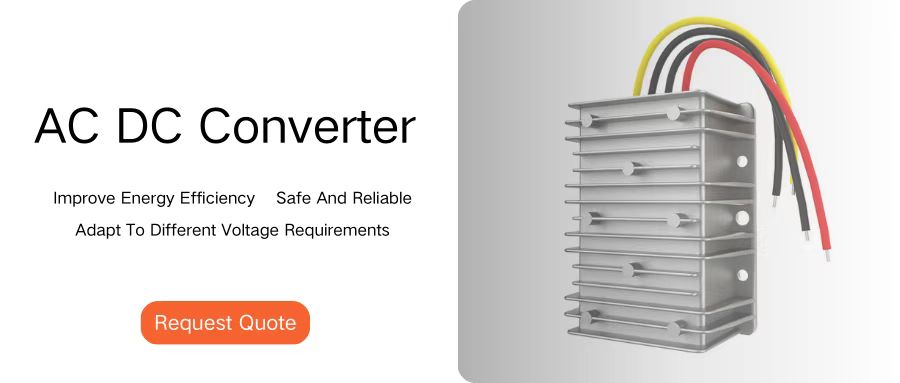AC DC converters, as a device that converts alternating current (AC) to direct current (DC), play a wide range of roles in the field of power electronics.
Types of AC DC converters
Linear regulators:
Linear regulators stabilize the output voltage by adjusting the operating point of the internal transistor. Their advantage is stable output voltage, but they are less efficient because they dissipate excess energy as heat.
Switching regulators:
Switching regulators adjust the output voltage by quickly switching internal switches (usually transistors). Their advantage is high efficiency, but they may generate electromagnetic interference.
Isolated ac to dc converters:
Isolated ac to dc converters provide electrical isolation between input and output to ensure safety. They are often used in applications that require isolated power supplies, such as medical equipment and industrial control systems.

Development Trends of AC DC Converters
With the continuous development of electronic technology, ac dc converters are also constantly improving. Here are some development trends:
High efficiency:
In order to reduce energy waste and reduce operating costs, dc ac converters are moving towards higher efficiency. The application of switching regulators and new topologies helps improve efficiency.
Miniaturization:
As electronic devices become increasingly miniaturized, dc to ac converters also need to adapt to this trend. By optimizing the design and using high-performance materials, the size and weight of ac to dc converters can be further reduced.
Intelligence:
AC to dc converters are gradually integrating more intelligent functions, such as remote monitoring, fault diagnosis, and automatic adjustment. These functions help improve the reliability and maintainability of the equipment.
Environmental protection and energy saving:
As environmental awareness increases, converter dc to ac is moving towards a more environmentally friendly and energy-saving direction. This includes the use of environmentally friendly materials, improved energy efficiency, and reduced electromagnetic interference.
Conclusion
AC DC converters play a key role in modern electronic technology, providing stable DC power for various devices. With the continuous development of technology, ac-dc converters are moving towards higher efficiency, smaller size, more intelligent, and more environmentally friendly. Understanding the application areas and working principles of ac to dc converters will help us better utilize this technology and provide more reliable and efficient power solutions for future electronic devices.







